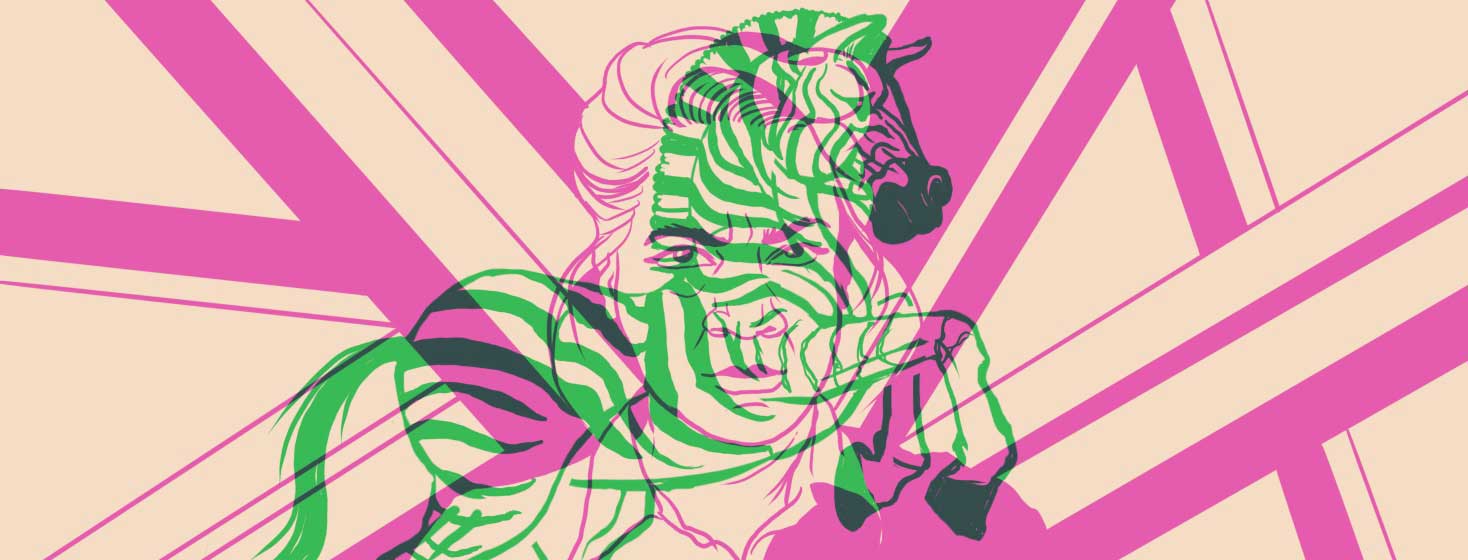Zebras Can’t Be Tamed: Coexisting With a Rare Disease
Zebras are part of the equine family, but they have never been truly domesticated. While they are kept in zoos, wild animal parks, and safaris, they have never let themselves be tamed. You don’t see zebras being ridden, carrying a pack, or pulling a carriage. They are still wild.
Maybe that’s an apt metaphor for coming to terms with an evolving rare disease.
If you hear hoofbeats, think zebras
The adage in medicine goes, “If you hear hoofbeats, think horses,” because statistically, it is much more likely to be a horse as opposed to another hoofed animal. Logic and probability usually make that the most probable outcome.
Many doctors are taught to think of every possible horse (common cause) before delving into the zebras (rare diseases). This usually is right; it usually leads to a prompt and accurate diagnosis. Except when you are dealing with a rare disease.
“If you hear hoofbeats, think zebras,” is a saying in the rare disease community. The meaning of the saying is that medical professionals need to think outside the box when diagnosing and treating people with and without rare diseases because the cause of some of our rather horse-like symptoms are, in fact, zebras.
Wild, untamed rare disease zebras
Many people with rare diseases have a long diagnosis journey – their doctors are looking for horses, not zebras. The untamed zebra doesn’t want to be caught.
For me, it also means that my rare diseases aren’t domesticated. They are zebras, not the kind, very domesticated horses I ride for fun and sport. Instead of spooking or shying, they flare up. They develop new symptoms or decide not to respond to treatment. They cause me to miss things I want to do and necessitate changing plans. These rare disease zebras will gallop to the next field instead of coming to the gate to say hello.
What I have learned from my untamed health
But maybe an undomesticated rare disease zebra isn’t such a bad metaphor after all. If I think about my health as untamed, I give myself more grace. I’m more patient with my chronic pain. I’m more apt to listen when my body tells me it might need a rest or reset. I’m more able to take how my rare disease journey unfolds without being stressed out or frustrated or comparing myself with others with my rare diseases – or just more able to take a deep breath and give it space.
After all, the rare disease zebra isn’t tame. It doesn’t understand that there are things I’d rather be doing and that chronic illness really cuts into my activities, work life, and mood. It, quite frankly, doesn’t care about how I feel about its presence.
Coexisting with my rare disease zebras
But, like an undomesticated zebra who lives in captivity, we coexist. The zebra knows that humans come with food (and like all horses, food is everything!), and I know my rare diseases are manageable even when they are challenging.
They will come for the grain buckets, and I will come for the doctor's appointments, research symposiums, and patient gatherings. I will know I can’t really tame the zebra, but I will try to coexist.

Join the conversation